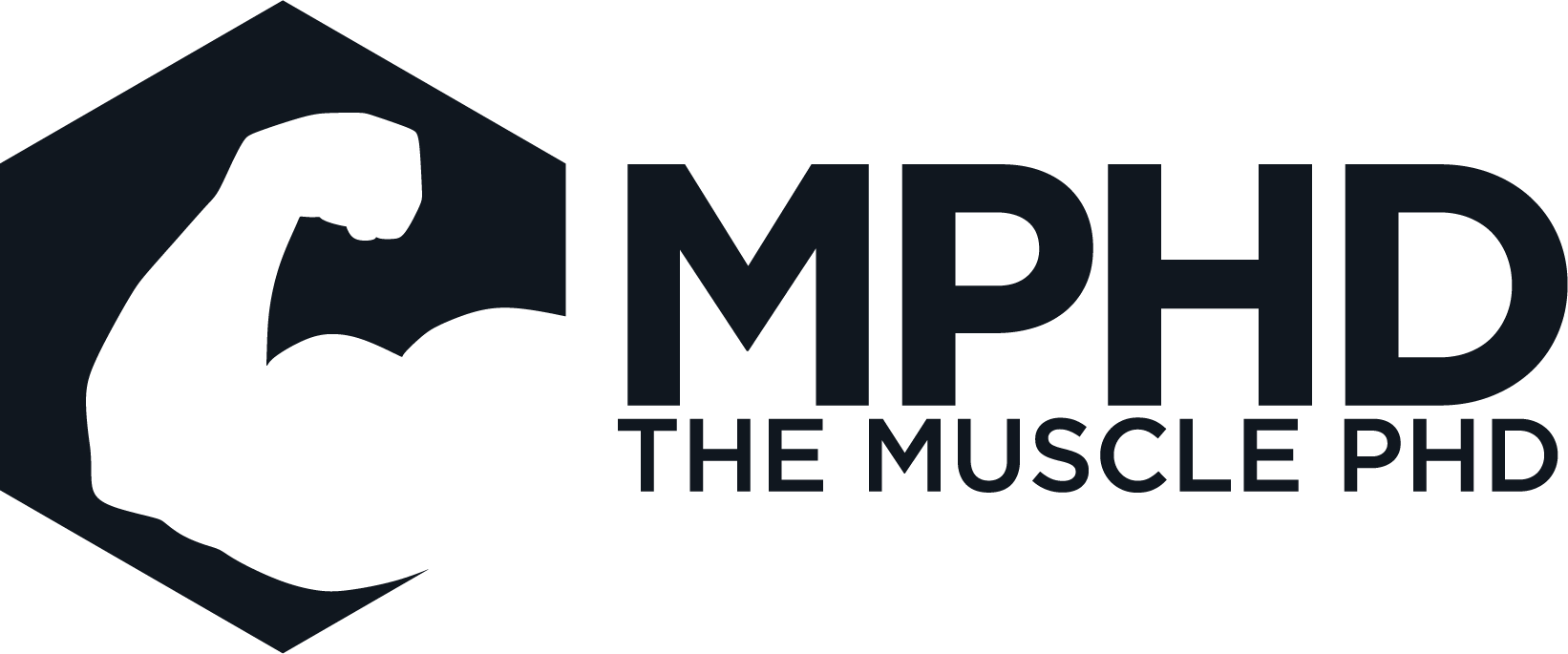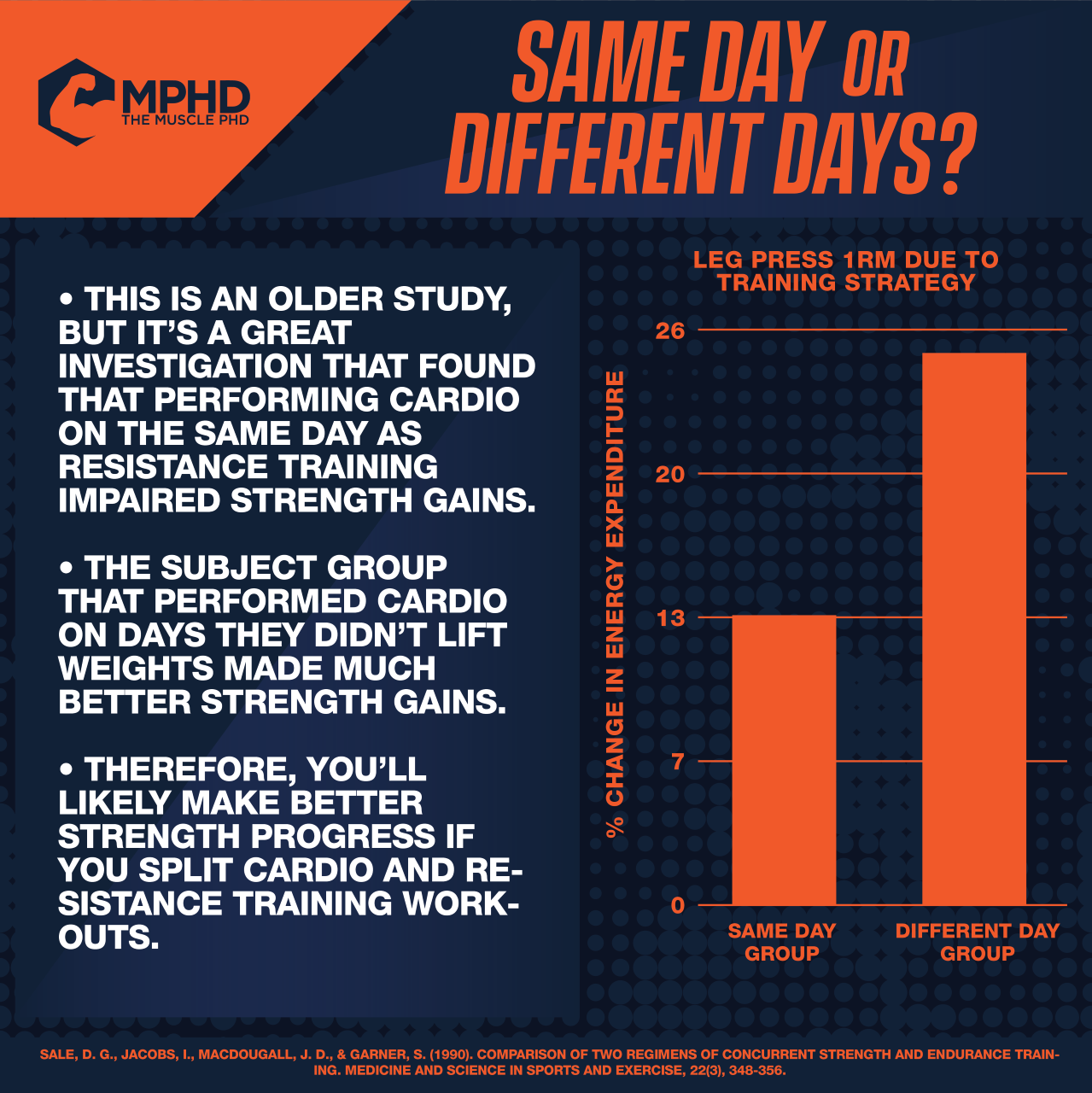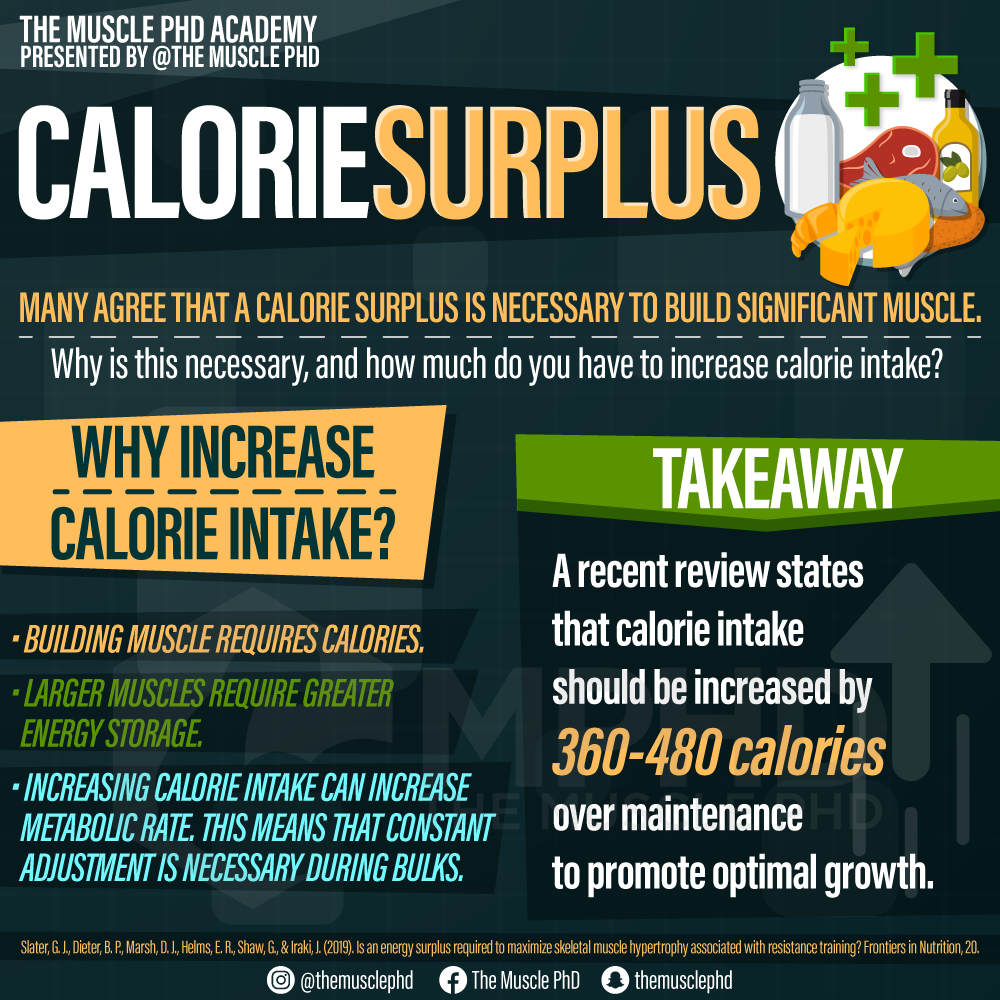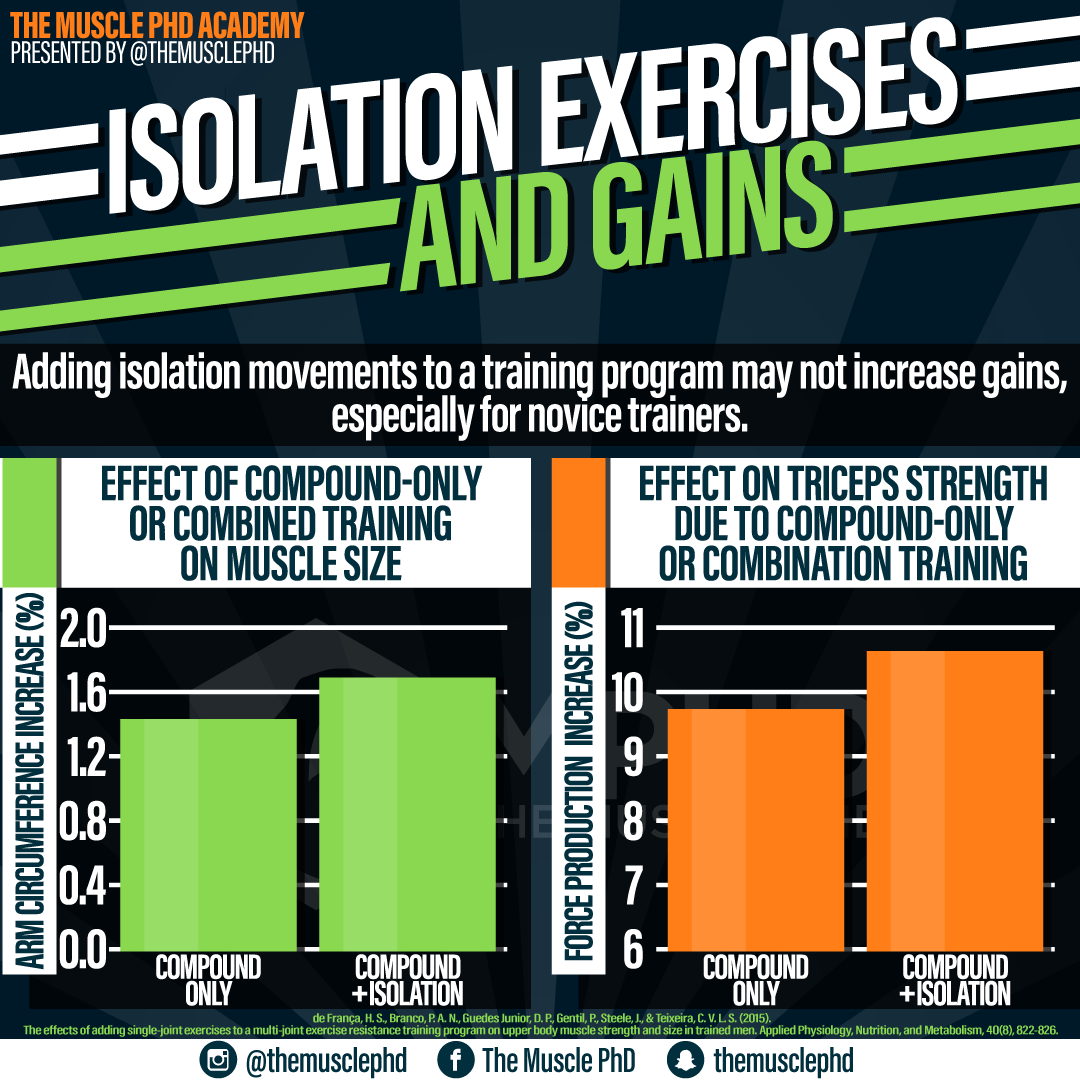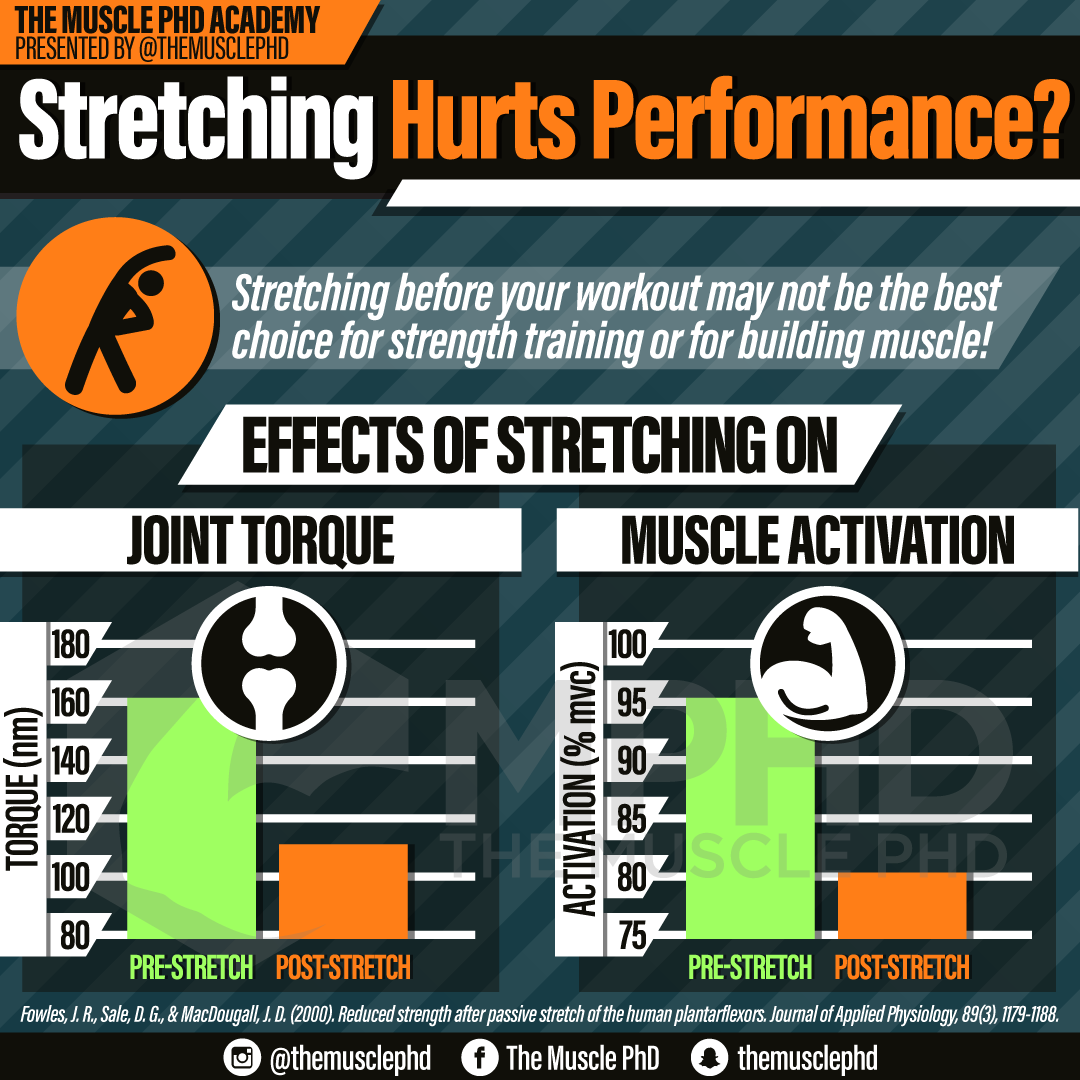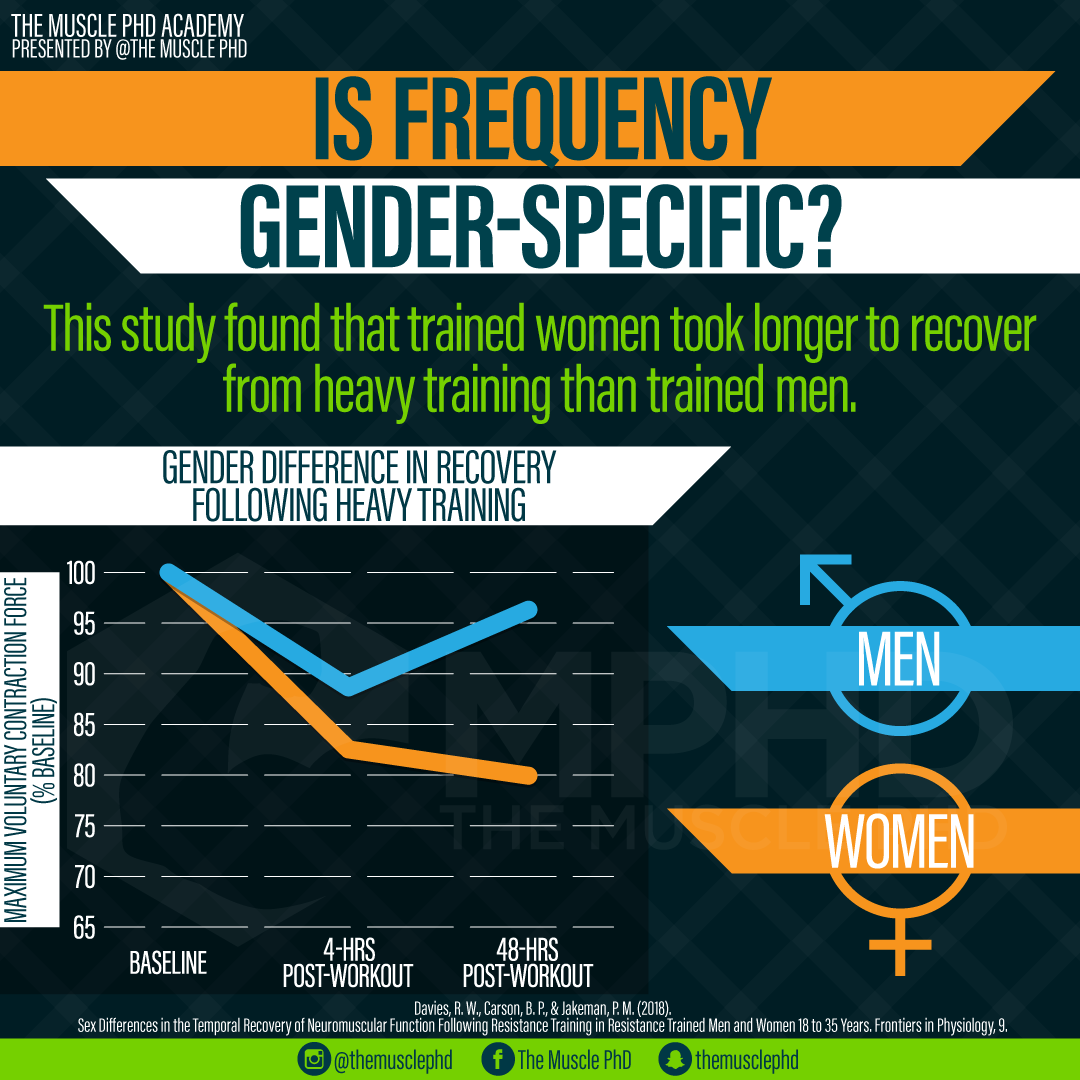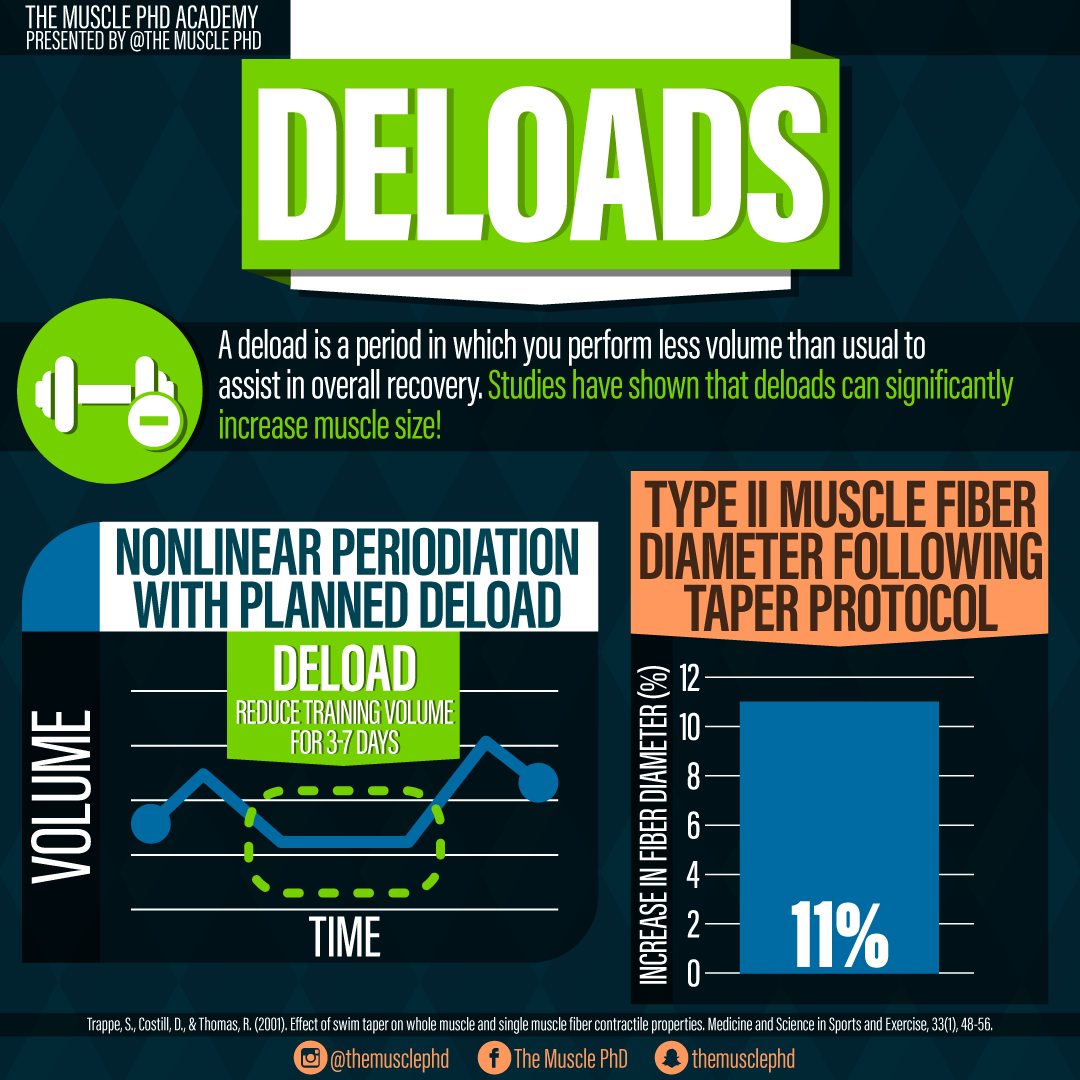Summary: Bodybuilders have known for a long time that doing cardio on the same day as your lifting workouts probably isn’t the best idea. This particular study from Sale et al. in 1990 is one of the premier studies that lead to that knowledge. These researchers compared subjects undergoing a strength training program in which one group performed cardio the same day the strength trained whereas the other group performed cardio on different days of the week.
What were the results? The group that performed cardio on different days of the week exhibited significantly greater strength gains! Why is this the case?
There are two main reasons why it’s probably a good idea to separate your cardio from strength training:
1) CNS Fatigue. Cardio can contribute massively to CNS fatigue, and if you perform cardio before a weight training session (especially lower body), odds are, you won’t get optimal results from your lifting. When our CNS is fatigue, it becomes harder to maximally activate our muscles. If we can’t maximally activate our muscles, we won’t be able to produce as much force or lift as much weight – this leads to us not getting an overload stimulus. AKA, we won’t grow if we train with CNS fatigue! Check our CNS Fatigue article (here) for a more in-depth discussion.
2) Competing Pathways. Both resistance training and endurance training impose a stimulus on the muscle that causes the muscle to “signal” a need for recovery. When we strength train, this signal is primarily geared towards protein synthesis, or the creation of proteins necessary to repair and grow the existing muscle fibers. When we perform cardio, the signal is geared towards aerobic proteins and nutrient replenishment. This leads to the muscle increasing mitochondrial density, capillary density, and even glycogen concentration. However, these pathways compete with one another following training which means we can’t get 100% out of both. This is why we see cardio typically “interfere” with power, strength, or size gains (Wilson et al. 2012).
Ultimately, it’s probably best to perform cardio on days you’re not lifting – at least doing legs, anyways. I’d also recommend making sure you have at least a full 24-hours between cardio and legs so you’re not too impacted by CNS fatigue. However, if you hit a really hard cardio session, it could take up to 48-hours or more for the CNS fatigue to dissipate so keep this in mind when planning your weekly schedule.
Based on:
Additional Reading:
